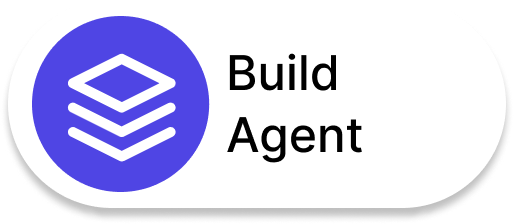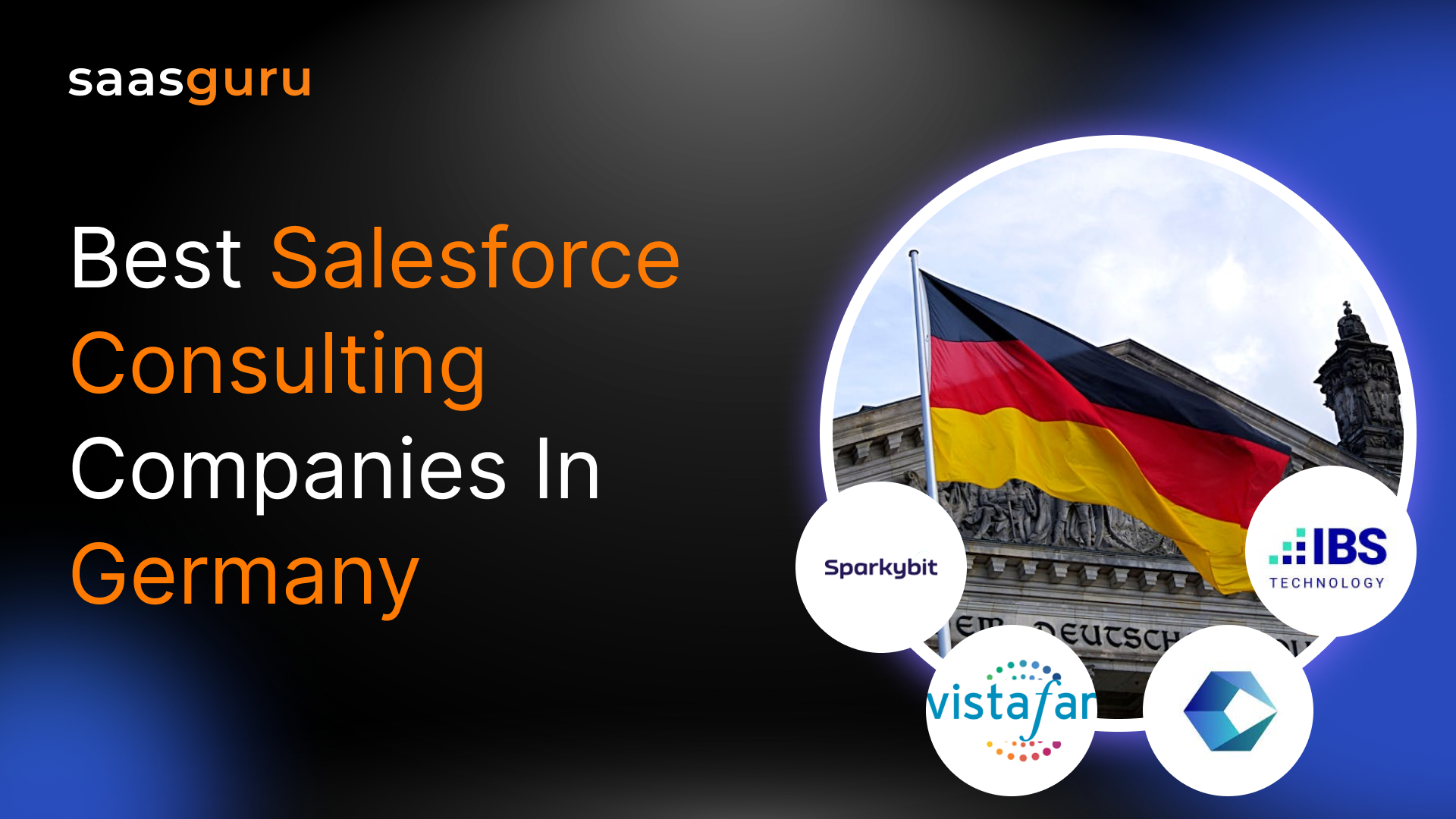In a rapidly evolving digital world, managing customer relationships has become more complex yet crucial for businesses. Enter Customer Relationship Management (CRM) systems, one of the most significant innovations in business technology. Among these, Salesforce has emerged as a world leader. But what exactly is Salesforce?
Simply put, Salesforce is a cloud-based CRM software designed to streamline all aspects of customer interaction, ranging from marketing and sales to customer service, in a single centralized platform. It helps businesses to leverage cloud technology for enhanced connections with customers, collaborators, and potential clients.
History of Salesforce
The story of Salesforce begins in 1999 in a small rented San Francisco apartment. The co-founders, Marc Benioff, a former Oracle executive, and his team – Parker Harris, Dave Moellenhoff, and Frank Dominguez, were fueled by a vision to create a new kind of enterprise software company. They wanted to make software accessible over the Internet, eliminating the need for traditional methods of installation and maintenance.
Early Days of Salesforce
Salesforce’s initial offering was a simple sales force automation software, marking the beginning of delivering enterprise applications via a simple website. This was groundbreaking at the time because businesses were accustomed to software being installed on their computers or servers – a process that was often expensive, time-consuming, and complex.
The company officially launched at a rented apartment, which they called “The No Software House,” in reference to their mission to change the software industry. Their launch event was a bold statement, held at the same time as Siebel Systems’ user conference, which was one of the leading CRM solutions providers of the time.
Expansion and Growth
The next big step in Salesforce’s history came in 2004 with the launch of the ‘AppExchange,’ a marketplace for cloud-based applications. This allowed third-party developers to create applications that integrated with Salesforce, enabling customers to customize their Salesforce experience to their unique business needs.
In 2006, Salesforce introduced ‘Apex,’ a proprietary programming language that allowed third-party developers to write code that runs on Salesforce servers. This further extended the customization possibilities of the platform.
Over the next decade, Salesforce continued to grow and expand its product line, adding new cloud-based services targeted at different aspects of CRM. They acquired several companies to enhance their product offerings, including ExactTarget, which became the foundation of their Marketing Cloud, and Tableau, a data visualization company.
By 2020, Salesforce became a comprehensive platform providing a broad range of applications for businesses in sales, service, marketing, analytics, and more. It had evolved from a simple sales force automation software to a comprehensive suite of business applications.
Salesforce’s history is a testament to its commitment to innovation and customer success. It stands today as one of the leading CRM providers globally, continually pushing the boundaries of what’s possible in the realm of business technology.
The Benefits of Using Salesforce
Salesforce offers a plethora of advantages to businesses. Here are some of the key ones:
1. Seamless Customer Management
One key advantage of Salesforce is its capacity to provide an integrated perspective of customers. All information about a customer, from their contact details to their interactions with the company, is stored and easily accessible in one place. Businesses are thus empowered to offer their clientele more personalized and effective services.
2. Efficient Team Collaboration
Salesforce promotes enhanced team collaboration. Its Chatter tool, for example, allows for real-time discussion and information sharing among employees, fostering a more collaborative work environment. This consequently can result in augmented productivity and efficiency.
3. Advanced Analytics
Salesforce provides powerful analytics tools. With Salesforce, businesses can easily generate reports and dashboards that provide insights into their performance. This capability enables businesses to make decisions that are backed by data, allowing for constant optimization of their operations.
4. Scalability
Salesforce’s scalability feature ensures that it grows in tandem with your business. With its customization capabilities, Salesforce can adapt and expand to cater to evolving business needs. This makes Salesforce a suitable solution for businesses of all sizes, from startups to large corporations.
5. Cloud-Based Solutions
Being a cloud solution, Salesforce allows the flexibility to access data anytime, anywhere. This is especially beneficial in today’s increasingly remote and mobile work environments. Additionally, cloud solutions like Salesforce typically require less maintenance than on-premise software, freeing up your IT team to focus on other tasks.
6. App Ecosystem
Salesforce’s AppExchange serves as a hub for third-party applications that can be integrated with Salesforce. This provides businesses with the flexibility to extend their Salesforce capabilities and tailor the platform to their specific needs.
Salesforce provides a comprehensive, flexible platform that can improve customer relationships, enhance team collaboration, provide valuable business insights, and ultimately drive business growth.
How Salesforce Is Revolutionizing Industries
Salesforce’s impact extends beyond just being a tool for sales, marketing, and service teams. It’s a powerful platform that’s revolutionizing a variety of industries. Let’s explore how:
1. Healthcare
Within the healthcare sector, Salesforce is assisting institutions in delivering personalized patient experiences. Using Salesforce Health Cloud, healthcare providers can centralize patient data, streamline processes, and facilitate better communication among caregivers. This leads to enhanced patient care and satisfaction.
2. Finance
Financial institutions are leveraging Salesforce to enhance customer relations and manage their sales and service processes more efficiently. Salesforce Financial Services Cloud provides a unified view of each customer, enabling personalized advice and recommendations. This has led to improved customer loyalty and trust.
3. Retail
In the retail industry, Salesforce is helping businesses create seamless shopping experiences. With Salesforce Commerce Cloud, retailers can integrate their in-store and online sales channels, personalize shopping experiences, and manage their product lines more effectively. This can result in increased sales and customer loyalty.
4. Education
Educational institutions are using Salesforce to improve student engagement and success. Salesforce Education Cloud enables institutions to connect with students, alumni, and donors in new ways, track student progress, and provide personalized support.
5. Nonprofits
Nonprofit entities are leveraging Salesforce to better manage their relations with donors, volunteers, and beneficiaries. Salesforce Nonprofit Cloud helps these organizations streamline their processes, track their impact, and increase their reach.
Salesforce is not just a tool; it’s a game-changer that’s revolutionizing how businesses operate across various industries. Its ability to centralize data, streamline processes, and enhance customer relationships is helping industries adapt to the digital age and meet the changing needs of their customers.
Related read – What does Salesforce do?
Real-World Examples of Salesforce Implementation
The following organizations have chosen Salesforce as their CRM platform:
- Pizza Hut:- Thanks to Salesforce’s Marketing Cloud, Pizza Hut has provided its customers with a cutting-edge mobile experience.
- United Breweries:-Previously, identifying problems at United Breweries took around two weeks. Now, with the help of Salesforce’s enhanced reporting capabilities, it only takes about two days.
- HCL Technologies:- Utilizing Salesforce to provide multiple entry levels at the time of data entry to promote data integrity.
- Schneider Electric:- Salesforce’s mobile technologies are heavily used across Schneider Electric, from executive teams to frontline workers.
- L’Oréal:- Has its own social network, where stylists and sales representatives can coordinate and discuss hair-related events and news.
- Nikon:-While Salesforce CRM was initially employed by Nikon Instruments; the company eventually adopted Chatter to fuel its internal social network.
Numerous other corporations, like InMobi, Urban Ladder, Babajob, Activision, Genesys, American Express, Western Union, etc., use Salesforce to better their operations.
Getting Started with Salesforce
Getting started with Salesforce can seem overwhelming, but it doesn’t have to be. Here are the steps to guide you through the process:
Step 1: Identify Your Needs
The initial step is to pinpoint your business requirements. What issues are you aiming to resolve? Which processes do you wish to optimize? The answers to these questions will steer the direction of your Salesforce implementation.
Step 2: Choose the Right Salesforce Products
Salesforce offers a range of products catering to different business needs. Choose the ones that best fit your requirements. For example, if the goal is to enhance customer service, think about implementing the Service Cloud.
Step 3: Plan Your Implementation
Next, develop an implementation plan. This should include tasks like data migration, system configuration, user training, and more. At this stage, it can be beneficial to partner with a Salesforce consultant or implementation partner who can guide you through the process.
Step 4: Set Up Salesforce
Now it’s time to set up Salesforce according to your business processes. This includes customizing the system, setting up workflows, and importing your data. Salesforce offers a variety of tools to make this process easier, such as AppExchange, where you can find pre-built applications that can be installed into your Salesforce environment.
Step 5: Train Your Team
Prior to launching Salesforce, it’s crucial to ensure that your team is adequately trained to use it. Salesforce offers a range of training resources, including online tutorials, in-person training, and certification programs. The more comfortable your team is with Salesforce, the more effectively they’ll be able to use it.
Step 6: Launch and Iterate
Once you’ve set up and tested Salesforce, it’s time to launch. But remember, the implementation doesn’t end at launch. Regular review and refinement of your Salesforce setup is crucial to ensure it caters to your business requirements.
Getting started with Salesforce is a strategic process that, when done right, can lead to significant improvements in efficiency and customer satisfaction. Salesforce, with its scalability and customization capabilities, is a potent tool that can evolve with your business and cater to its changing needs. You can also check out our in-depth guide on getting started with Salesforce.
Launching a Career in Salesforce
Starting a career in Salesforce can be a rewarding decision, given the high demand for Salesforce professionals across various industries. Here are the steps to help you get started:
Step 1: Understand Salesforce and Its Ecosystem
Salesforce is not just a product; it’s a vast ecosystem. Get a good understanding of what Salesforce is, what problems it solves, its different clouds (Sales Cloud, Service Cloud, Marketing Cloud, etc.), and the roles that exist within the ecosystem (administrators, developers, consultants, etc.).
Step 2: Choose Your Career Path
Based on your interest and background, choose the path you want to take. Are you aiming to become a Salesforce Administrator, Salesforce Developer, or perhaps a Consultant? Each role has different responsibilities and requires different skills.
Step 3: Learn the Salesforce Basics
A myriad of resources is available to assist you in learning Salesforce. A good starting point is Trailhead, Salesforce’s complimentary online learning platform. It offers modules and projects that help you understand the platform better.
Step 4: Salesforce Certification: Get Certified
Salesforce certifications are industry-recognized and can significantly boost your career. These certifications validate your expertise in particular Salesforce areas and provide you with a competitive advantage. Here’s what you should know about acquiring certification:
Getting a Salesforce certification can:
- Validate your skills: Earning a certification authenticates that you have the necessary skills and knowledge to effectively utilize and manage Salesforce.
- Increase job opportunities: Many employers prefer or require Salesforce certifications for certain roles.
- Boost your career: Certified professionals often have better career advancement opportunities and may earn higher salaries.
Types of Salesforce Certifications
There are a variety of Salesforce certifications, each focused on a specific role or product. Some of the most popular include:
- Salesforce Certified Administrator: This certification targets individuals with Salesforce experience who consistently seek ways to enable their companies to extract more benefits from additional features and capabilities.
- Salesforce Certified Advanced Administrator: This certification is tailored for seasoned administrators who possess advanced expertise and skills in Salesforce configuration and management.
- Salesforce Certified Platform App Builder: This certification is aimed at individuals who design, build, and implement custom applications using Salesforce Platform’s declarative customization capabilities.
- Salesforce Certified Platform Developer I & II: These certifications are for individuals with the knowledge, skills, and experience in building custom declarative and programmatic applications on the Salesforce platform.
- Salesforce Certified Sales/Service Cloud Consultant: These certifications are designed for individuals who have hands-on experience implementing Salesforce Sales/Service Cloud solutions in a customer-facing role.
Preparing for Salesforce Certification Exams
Salesforce provides various resources to help you prepare for your certification exams:
- Trailhead: Salesforce’s free online learning platform provides modules, projects, and superbadges that align with the material covered in the exams.
- Certification Study Guides: Salesforce provides study guides for each certification exam that outline the topics covered, recommended training and experience, and sample questions.
- Online Courses: Numerous online courses are available to assist you in preparing for Salesforce certifications. If you are planning to step into the world of Salesforce, now is the right time. Check out our 12+ Salesforce certification online courses.
- Practice Exams: Practice exams can aid you in familiarizing yourself with the exam pattern and pinpoint areas where further study might be required.
Taking the Salesforce Exam
Most Salesforce certification exams can be undertaken online or at a testing center. They typically consist of 60 multiple-choice questions and last 90 to 120 minutes.
Remember, getting certified is a journey. Start with the certification that aligns with your career goals, and remember to take advantage of all the resources available to you. You can pass your certification exams and become a Salesforce-certified professional with dedication and preparation.
Step 5: Gain Industry Experience
Nothing beats hands-on experience. Try to get as much practical experience as you can. You can volunteer for nonprofits that use Salesforce, join a Salesforce Developer Group, or even work on personal projects.
Step 6: Start Networking: Build a Personal Brand
Building a personal brand is an essential step in carving out a successful Salesforce career. Your personal brand, acting as your professional reputation, reflects your unique skills, experiences, and values, setting you apart within the Salesforce community.
To create a compelling personal brand, first, define what you want to be known for. Consistently showcase your expertise across platforms, engage with the Salesforce community regularly, and commit to continuous learning. A well-crafted personal brand can open the door to increased opportunities and recognition.
Summing Up
Salesforce has been a game-changer in the world of customer relationship management and beyond. Its robust, scalable platform and extensive suite of services are helping businesses across industries improve their operations, drive growth, and deliver exceptional customer experiences.
Whether you’re looking to explore Salesforce as a career or implement it in your business, continuous learning is key. Salesforce’s frequent updates mean there’s always something new to learn and master.
If you’re interested in delving deeper into the Salesforce world, consider becoming a part of the saasguru community on Slack. Whether it’s advancing your career or boosting your business, let saasguru be a part of your Salesforce journey.
To fast-track your Salesforce career path, join our Salesforce Training program.
 Bootcamps
Bootcamps
 Mock Exams
Mock Exams
 Hands-on Labs
Hands-on Labs














